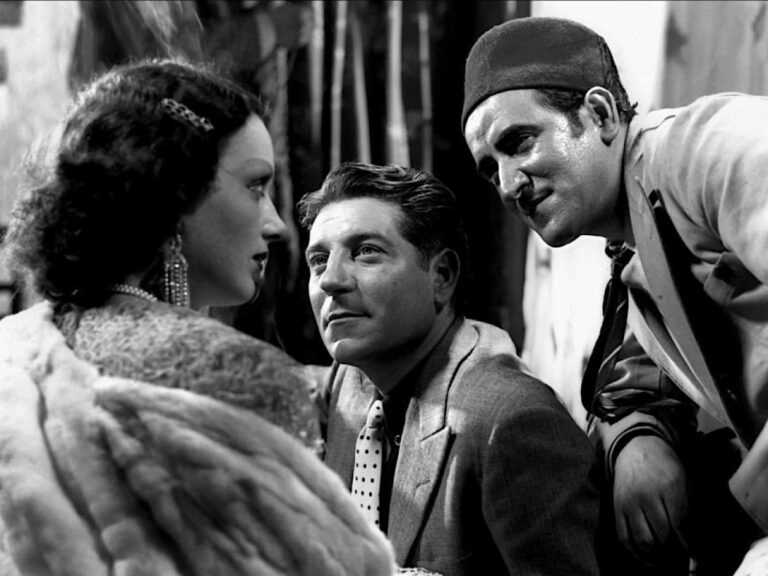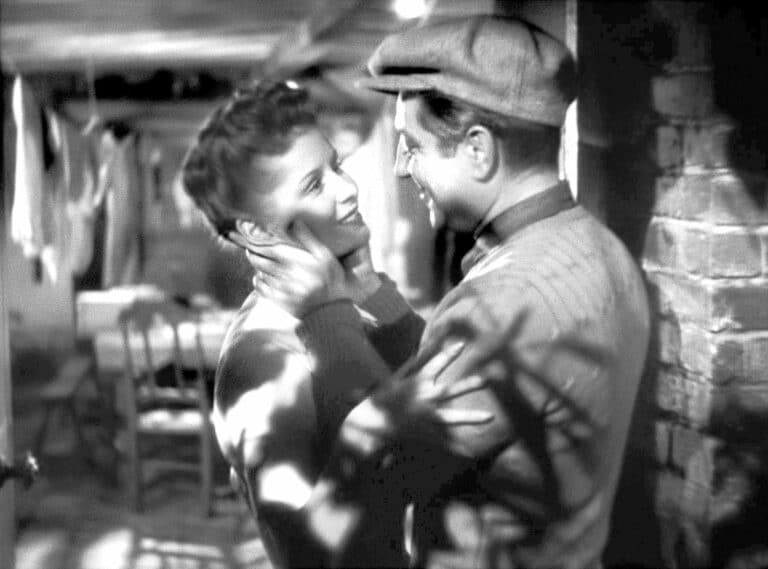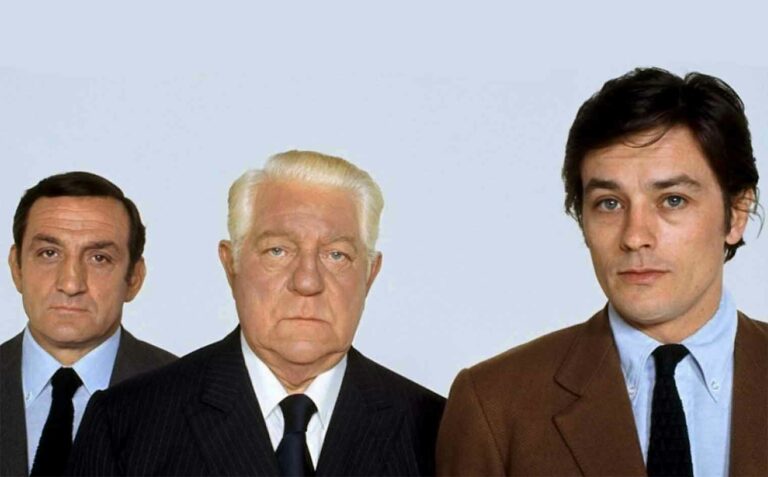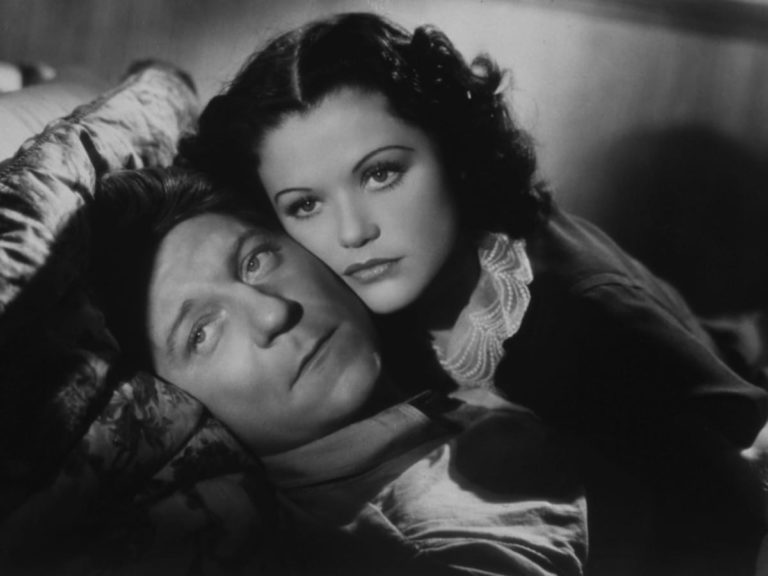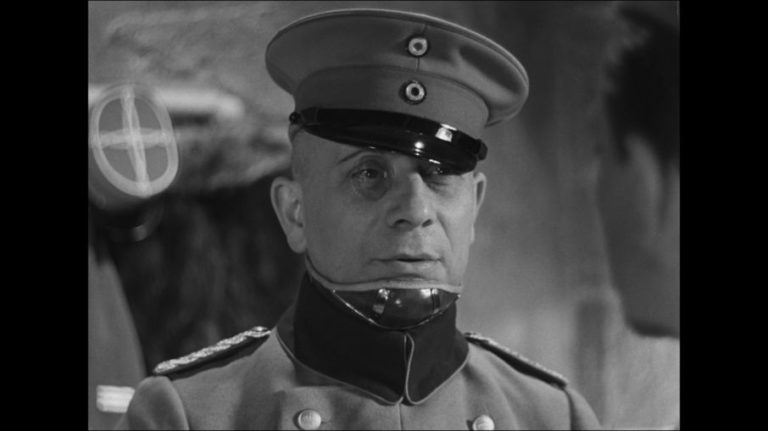Moontide
One of the little joys of Moontide is trying to work out which bits of it were directed by Fritz Lang. His name isn’t on the screen credits but he was the original director, until he was fired after falling out with its star, Jean Gabin. Ironically, it was Gabin who had campaigned to get Lang attached to the film in the first place, which shows he had quite a lot of pull in Hollywood for someone who might have been France’s biggest star but was unknown in America when he arrived there to escape the Nazis. Archie Mayo gets the director credit but it’s surely Lang behind the camera for the opening … Read more


